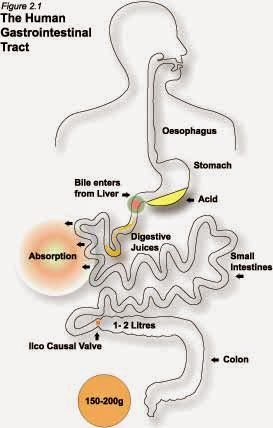What is Irritable bowel syndrome ?
Your intestines are like a muscular tube and for a variety of reasons can sometimes contract too tightly. This is similar to sportsmen getting cramp in the leg muscles. It offten begins in early adult life or even in adolescence.
Irritable bowel syndrome Common Symptoms
- Abdominal pain, often relieved by passing wind or by bowel action
- Bloated feeling, particularly after meals.
- Diarrhoea, usually in the morning
- Constipation may alternate with diarrhoea or normal stools. The stools are often small and ‘pellet like’ (rabbit stools), and are passed only with straining
- Mucus in the stools
- Sometimes a sense of incomplete evacuation
Symptoms not related to IBD
Loss of appetite, nausea, belching, occasional vomiting, headache, sweating, flushing and faintness or blood in the faeces are not specific to IBS
Pattern of symptoms
Each person follows its own pattern. Symptoms may last for a number of days, weeks or even months. Although one particular symptom may dominate others, diarrhoea and constipation frequently alternate. The pain varies from mild to severe at irregular intervals but not during the night when you are asleep.
Relation to stress
Normal stress makes people concentrate and get more out of life. Too much stress gives a constant feeling of anxiety which may cause a flare-up of your symptoms. The trouble is, you then have the symptoms to worry about, so there is a vicious circle!
Learn to relax. You can’t avoid stress but you can help your body. Set aside a few minutes each day to do relaxation exercises. Tense different muscles for a few seconds then relax them. When you are tense do breathing exercises by inhaling deeply and then slowly breathing out.
What about diet?
Generally patients benefit from an increased intake of fibre, introduced slowly.
Most people can continue their normal eating pattern. Milk containing foods sometimes provoke, and abdominal pain in people who have an intolerance for lactose.
People with flatulence and bloating also may benefit from avoiding leafy or gas forming foods.
Treatment
You may receive treatment (e.g. Duspatalin) for the spasm affecting your bowel. It is important that you take it exactly as prescribed. Avoid taking any medicines not recommended by your doctor.
Remember, always consult your physician when you have questions about you have questions about Irritable Bowel .


